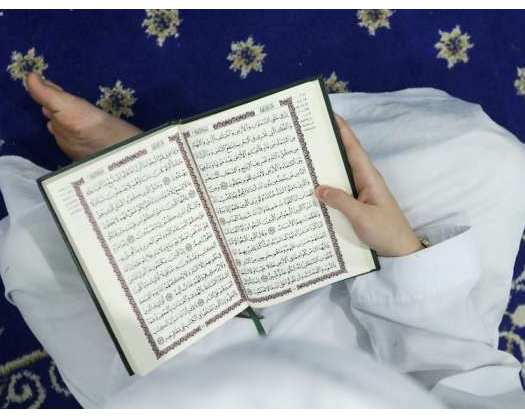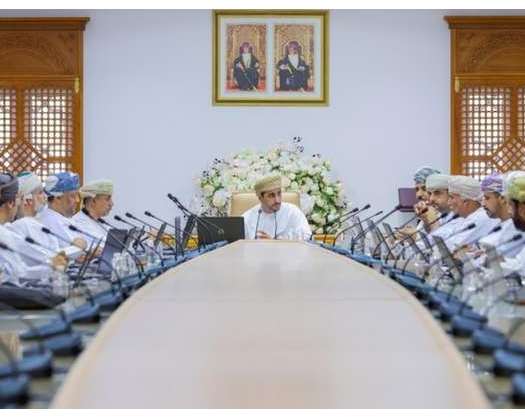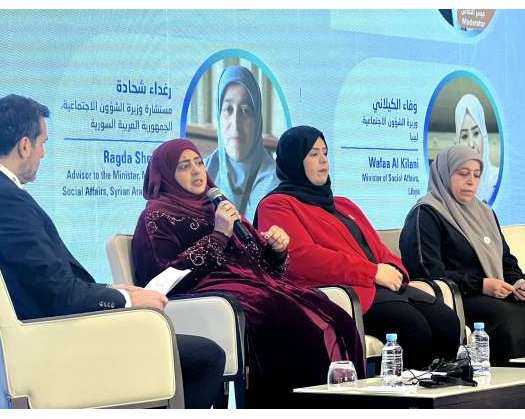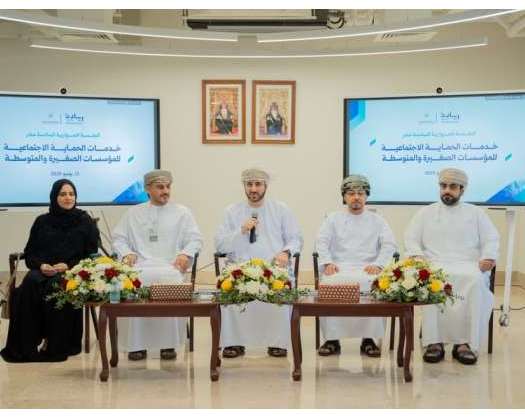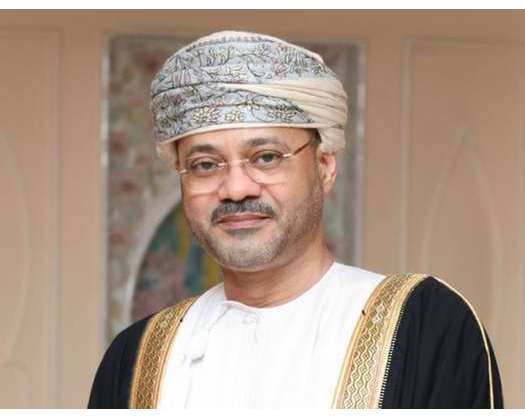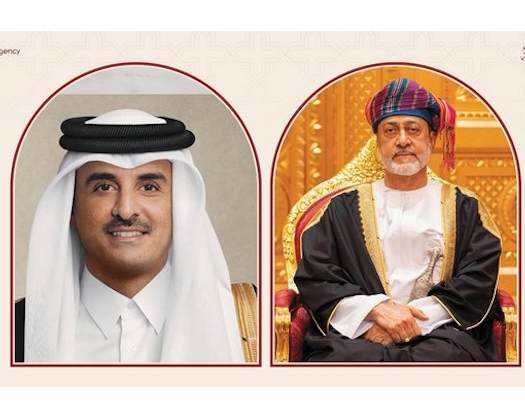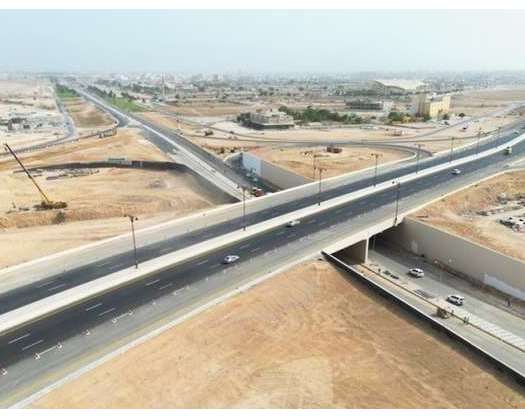One of the most commonly expressed sentiments among Muslims during Ramadan is the recognition of this month as “the month of the holy Quran.” This statement encapsulates a fundamental truth about Ramadan.
Discussing Ramadan inherently involves the Quran. Islamic scholars consistently highlight this vital link; recitations of the Quran take place in both mosques and homes, and during Ramadan, the Quran is once again brought to light, illuminating cities around the world. The bond between Ramadan and the Quran originates from the revelation that occurred during this month. “The Night of Power” (“Laylat al-Qadr”), the night when the initial verses of the Quran were revealed to the Prophet Muhammad (PBUH), also falls within this sacred period. The connection between Ramadan and the Quran is indeed profound; the key challenge lies in fulfilling its obligations.
The Quran represents divine communication. Muslims understand that engaging with their holy text involves more than reading ordinary words; it is not perceived as just another book. A specific perspective shapes the Muslim relationship with the Quran: God embodies the ultimate reality, and one aspect of this reality is the eternal nature of His words. Consequently, His speech is not something that is acquired or learned; it is intrinsic and primordial.
We can identify three essential ways in which reading the Quran directly influences our lives.
Firstly, the Holy Quran transcends any specific timeframe. To view it as limited to a particular era is to fundamentally misunderstand divine communication. It is a timeless text; its truths remain relevant and binding across all ages. The moment of its revelation did not merely become a historical event; it transformed into the essence of time itself. The first principle we should derive from this is: “The Quran at all times.” Therefore, when we assert that “Ramadan is the month of the Quran,” we imply that this is a time for profound reflection on the Quran’s timeless essence and its pervasive relevance in every moment.
The Quran is not limited to a specific location or geography. While it was revealed in a certain area, its timeless essence ensures that it transcends any geographical boundaries. When divine revelation occurs in a place, that location symbolizes and encompasses all others. At the time of its revelation, the Hijaz represented not just a region but the entirety of the world. The fact that the Quran was revealed to the Arabs or in the Hijaz does not render that place exclusive, nor does it imply that the Quran is confined to that land. The Quran is intended for all regions. Thus, the second principle to recognize is: “The Quran is universal!”
Furthermore, the holy book of Islam speaks to all of humanity. As an eternal text, it does not favor one group over another. It does not elevate men above women or dismiss their significance. The notion that Islam distinguishes between social classes, categorizes individuals based on intelligence or abilities, or was revealed to cater to a specific group's understanding is completely unfounded. Islam, without making distinctions between genders, unites all of humanity under a single core principle: human dignity. The Prophet (PBUH), who received the revelation, was not merely an individual; he represented all of humanity — we were all present, in potential, at that moment. The divisions that arise from our various roles and capabilities in the world are harmonized under the guidance of the divine text, creating a true sense of community among humanity. Therefore, “The Quran is for all!”
In essence, the universality of Islam signifies that the Quran is relevant at all times, in every place, and for everyone, as highlighted by the Turkish Daily Sabah newspaper in its discussion of spiritual practices during the holy month of Ramadan. During this month, it is essential to cultivate this awareness and enthusiasm — to approach the eternal text with renewed perspective, as if experiencing the revelation for the first time.

